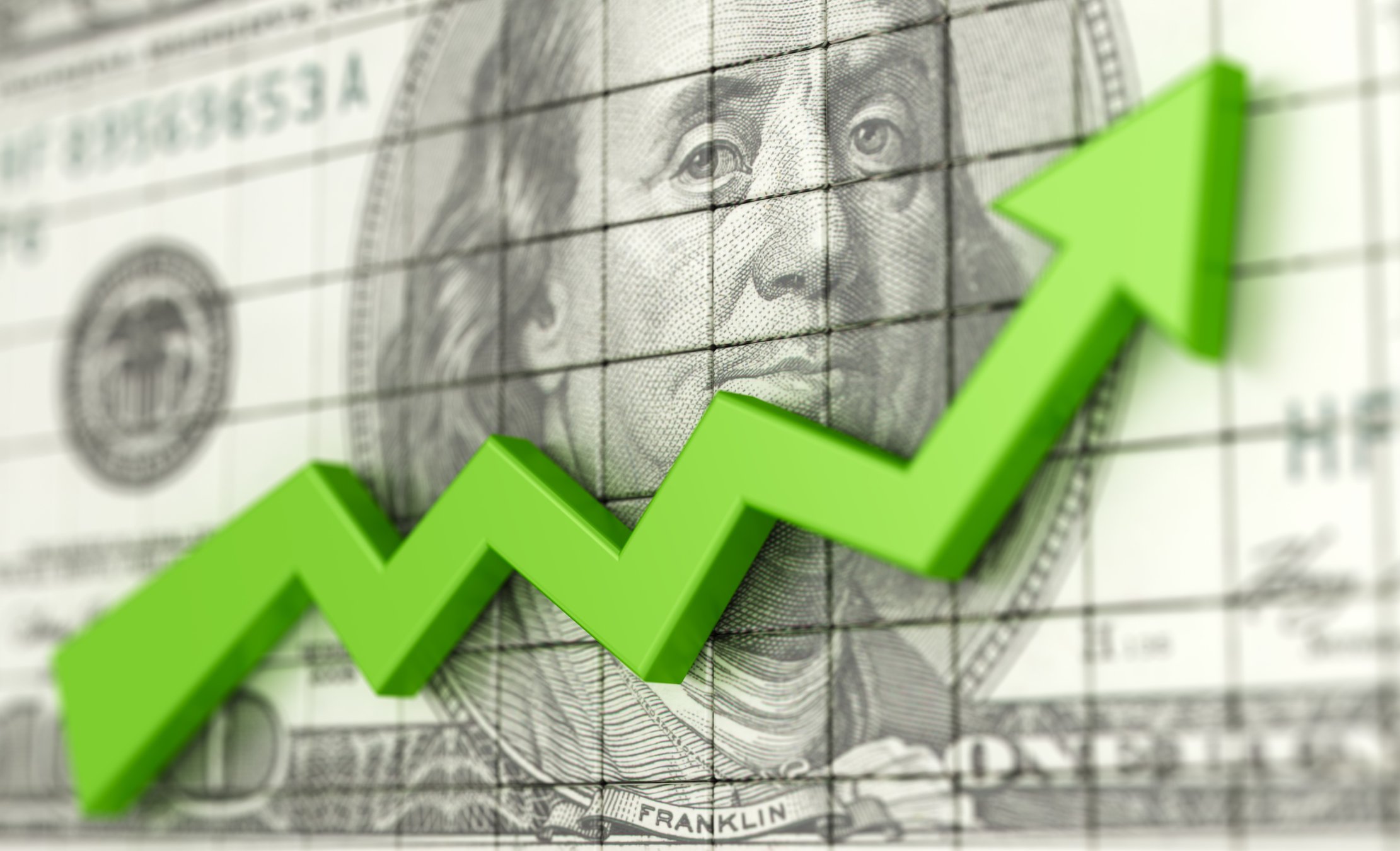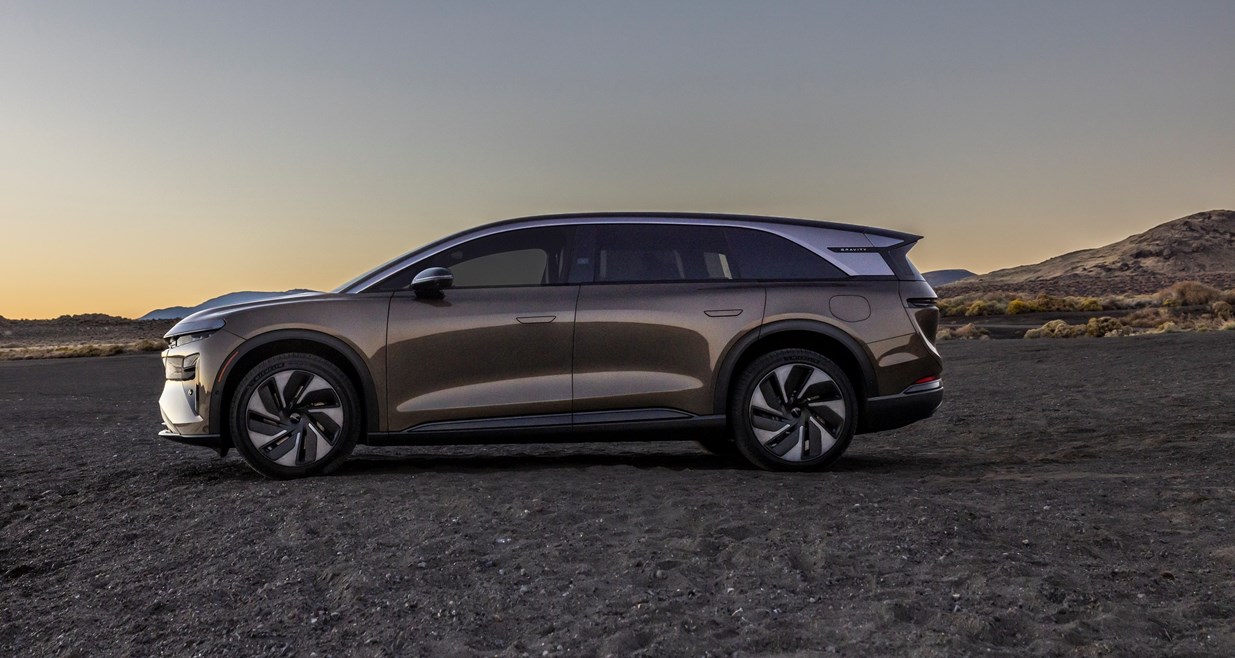Lucid (LCID +1.46%) attracts significant attention from investors because the company makes impressive electric vehicles (EVs). Its Air sedan has the longest battery range of any EV currently on the market, and it recently won a Guinness World Record for the longest distance traveled on a single charge. Meanwhile, its Gravity SUV has the fastest-charging time of any EV outside of China.
But, at the risk of raining on Lucid's parade, I don't think any of this is reason to buy up Lucid stock at the moment with hopes that it will set you up for life. Here's why.

Image source: Lucid.
1. Lucid is still years away from mass-market adoption
Lucid's cheapest version of its sedan starts at about $70,000, which makes it out of reach for most Americans. Lucid says it will launch a cheaper vehicle later this year that's expected to cost under $50,000. That could be an important step to building a wider consumer base and increasing sales, but the problem is that Lucid's vehicle production is still too low for that to have any real impact.
Even if the vehicle costs less than $50,000 (oftentimes a lower-priced EV is announced, but the ones a company actually begins selling cost significantly more), it'll likely take years for the company to make enough of the lowest-priced models for the model to have any significant affect on the market.
2. The EV market is on a rough road
EV sales in the second quarter of this year fell by just over 6%, and there could be more pain on the way. Congress recently passed legislation that eliminates the federal tax credit of $7,500 for new EV purchases by the end of September -- a far cry from the initial expiration timeline of 2032. While Lucid's vehicles were too expensive to qualify for the credit, the company was able to utilize a loophole that made it possible to use the credit to lower leasing costs.
Additionally, the federal government had previously set aside $5 billion to help build out EV charging infrastructure in the U.S., but it's currently in a legal battle with some states as it tries to hold onto the funds. Many potential buyers still cite a lack of charging infrastructure as a big barrier to buying an EV.
What's more, President Trump's tariffs are causing a panic among automakers, even U.S.-based ones like Lucid. It's nearly impossible to source all automotive parts from the U.S., which means the cost to produce vehicles will go up. Lucid's management said recently that price hikes could be on the way for its vehicles due to tariffs.

NASDAQ: LCID
Key Data Points
3. Lucid isn't profitable, and leadership is a big question
Lucid had a non-GAAP net loss of $0.20 per share in the most recent quarter, which was an improvement from the year-ago quarter but still not great. The company also has substantial debt of more than $2 billion right now.
Adding to the company's difficulties is that 11 executives -- including its former CEO -- have exited the company over the past two years, and its current CEO has only been leading the company since February. That's a lot of leadership instability and financial uncertainty surrounding a company as it tries to ramp up vehicle production, launch new models, attract a wider customer base, and become profitable.
This doesn't mean Lucid won't succeed, but it's a big gamble
One recent bright spot for Lucid is a deal it just made with Uber in which Lucid will received $300 million in exchange for supplying up to 20,000 Gravity SUVs over the next six years. While the deal is positive, I think the initial stock-price jump after the partnership announcement was premature, especially considering that Lucid still has to prove it can produce and deliver vehicles fast enough to meet Uber's needs.
If the company can weather the next few years by increasing production, improving its financials, and convincing buyers to purchase its cheaper EVs, then Lucid might end up being a good stock to own. But in order for a stock to set you up for life, it has to be very profitable for many years and have a consistent pipeline of customers. Lucid is just too far from that reality right now to think that its stock could set an investor up for life.





